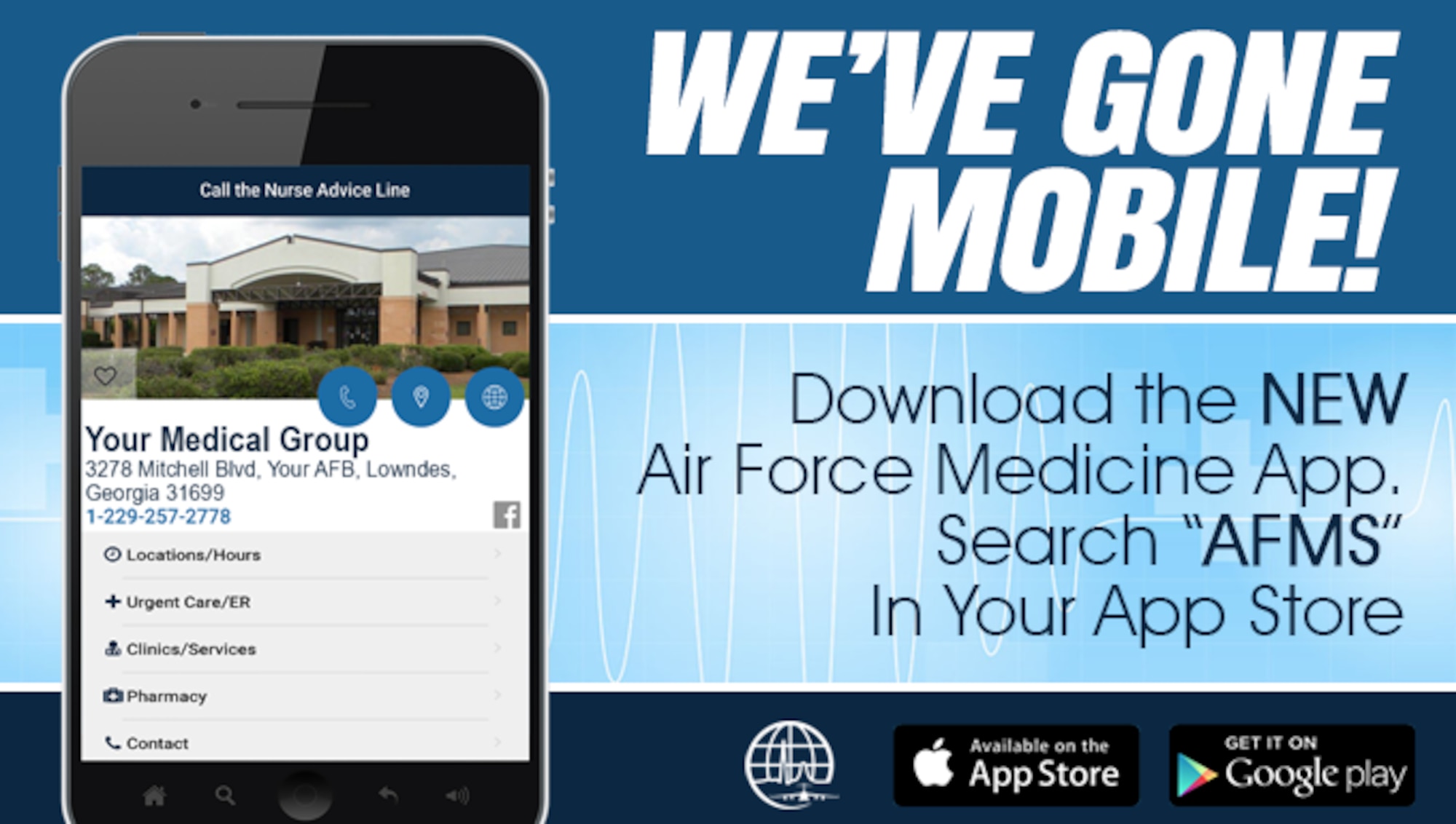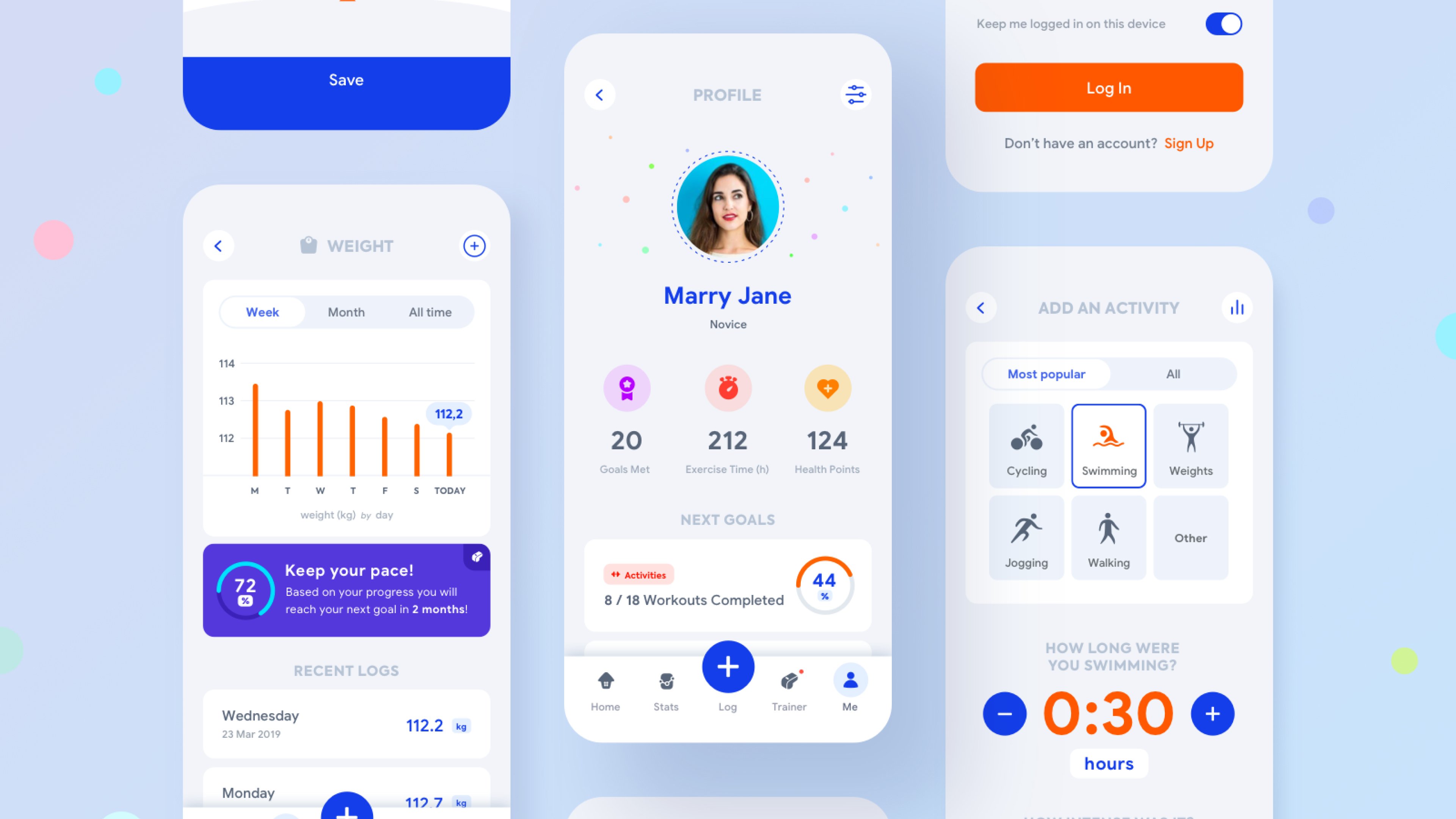The Future of Healthcare: Cutting-edge Solutions with a Mobile App for Clinics
The Future of Healthcare: Cutting-edge Solutions with a Mobile App for Clinics
Blog Article
The Future of Health Care: Why Clinics Need a Mobile Application Today
As the healthcare landscape proceeds to evolve, facilities encounter placing pressure to adjust to person expectations for higher ease and accessibility. The combination of mobile applications can serve as an essential approach for boosting patient interaction and streamlining operations. By leveraging technology to improve interaction and give necessary services, facilities not just deal with current needs yet additionally place themselves for future success. The ramifications of this change extend past plain functional effectiveness; they might redefine individual connections and care delivery in profound ways. What might this transformation look like for both patients and centers?
Altering Individual Assumptions
As the landscape of medical care develops, individual expectations are going through a significant improvement. Today's people are increasingly seeking benefit, accessibility, and personalized treatment. With the rise of modern technology, especially mobile applications, individuals now expect a smooth combination of medical care services into their every day lives. They desire the capability to handle consultations, gain access to clinical documents, and interact with doctor with their mobile phones, showing a change towards a much more positive technique to health management.
Furthermore, clients are coming to be a lot more educated and encouraged, commonly looking into treatments and problems on the internet prior to assessments. This enhanced recognition is paired with a need for transparency in medical care processes, consisting of cost price quotes and therapy options. Therefore, suppliers are urged to adjust by adopting electronic tools that boost the client experience.
The expectation for prompt and efficient communication has never ever been greater, with lots of patients taking into consideration responsiveness an important element of high quality treatment. mobile app for clinics. In this evolving landscape, healthcare companies have to identify these altering expectations and leverage mobile applications to promote a more patient-centric method, ensuring that they not only meet however surpass the standards set by today's informed consumers
Enhancing Client Engagement

Mobile applications assist in interaction in between people and doctor, allowing real-time visit scheduling, tips for medication adherence, and straight messaging attributes. These capabilities not just boost convenience but also construct a sense of responsibility among people. Mobile applications can use educational content customized to specific needs, assisting individuals better understand their conditions and therapy options.
The assimilation of gamification components within medical care applications can likewise encourage people to involve in healthy behaviors, reinforcing favorable way of living adjustments. Inevitably, enhancing individual involvement through mobile applications leads to improved health results, higher patient fulfillment, and a more much more collective medical care experience.
Improving Center Procedures
Streamlining center operations is crucial for boosting workflow performance and enhancing next individual care. The implementation of mobile applications can substantially decrease management burdens, enabling doctor to concentrate much more on client interactions. By automating visit organizing, client check-ins, and payment procedures, clinics can decrease wait times and boost general functional effectiveness.
Mobile applications likewise assist in real-time access to patient records, enabling medical care specialists to make enlightened choices quickly. This immediacy not just boosts the quality of treatment but additionally lowers the possibility of errors connected with lost or obsoleted info. Moreover, leveraging mobile technology supports a more well organized method to managing client follow-ups and therapy strategies, ensuring that no essential steps are overlooked.
This allows for prompt replenishment and assists prevent interruptions in client treatment due to stock scarcities. By integrating these performances into their day-to-day procedures, centers can create a more effective and natural setting, inevitably leading to boosted individual results and contentment.
Improving Communication Networks
Effective interaction is frequently pointed out as a keystone of high quality medical care delivery. In today's fast-paced clinical environment, mobile applications can significantly boost communication networks in between facilities, clients, and doctor. By incorporating mobile apps into their procedures, facilities can assist in real-time communications, ensuring that clients obtain timely info concerning their consultations, examination results, and therapy plans.
Mobile applications additionally encourage people to interact straight with their medical care teams through safe messaging features. This straight my latest blog post line of interaction fosters a sense of engagement and permits prompt information of issues, which can bring about much better adherence to treatment protocols. Push notifications can advise individuals of upcoming consultations or medicine routines, lowering no-show rates and enhancing total health end results.

Staying Competitive in Medical Care
In a swiftly progressing medical care landscape, organizations have to prioritize innovation and versatility to maintain an one-upmanship. The assimilation of mobile applications right into healthcare services is no longer optional; it is important for clinics aiming to boost patient involvement, streamline operations, and improve total solution distribution.
As people progressively count on digital platforms for wellness administration, centers that fall short to take on mobile technology threat falling back. A well-designed mobile app can offer functions such as appointment scheduling, telemedicine assessments, and accessibility to medical records, providing individuals with comfort and promoting commitment.

Rivals are likewise buying mobile services, so remaining ahead calls for continual renovation and remaining educated concerning technical improvements. Facilities have to not just carry out mobile applications however also participate in routine updates and refinements. Ultimately, the effective combination of mobile innovation will certainly differentiate forward-thinking healthcare organizations and established the benchmark for patient-centric treatment in a digital world.
Verdict
Finally, the integration of mobile applications in clinics is necessary to attend to the developing landscape of patient assumptions. By boosting client involvement, enhancing procedures, and enhancing communication networks, centers can dramatically boost health and wellness outcomes. Furthermore, the fostering of mobile modern technology settings centers to continue to be competitive in a progressively digital health care environment. Ultimately, the strategic execution of mobile apps stands for an essential step toward supplying customized and accessible healthcare, therefore fulfilling the demands of today's equipped patients.
Ultimately, boosting person interaction through mobile applications leads to improved health results, greater person complete satisfaction, and a much more joint medical care experience.Mobile apps also facilitate real-time access to patient records, allowing health care professionals to make enlightened choices quickly. In today's fast-paced clinical setting, mobile applications can considerably enhance communication networks between centers, patients, and health care providers.Mobile apps additionally empower individuals to communicate straight with their healthcare teams with protected messaging features. Eventually, the tactical implementation of mobile applications represents a critical action towards delivering accessible and individualized medical care, thus meeting the requirements of today's encouraged clients.
Report this page